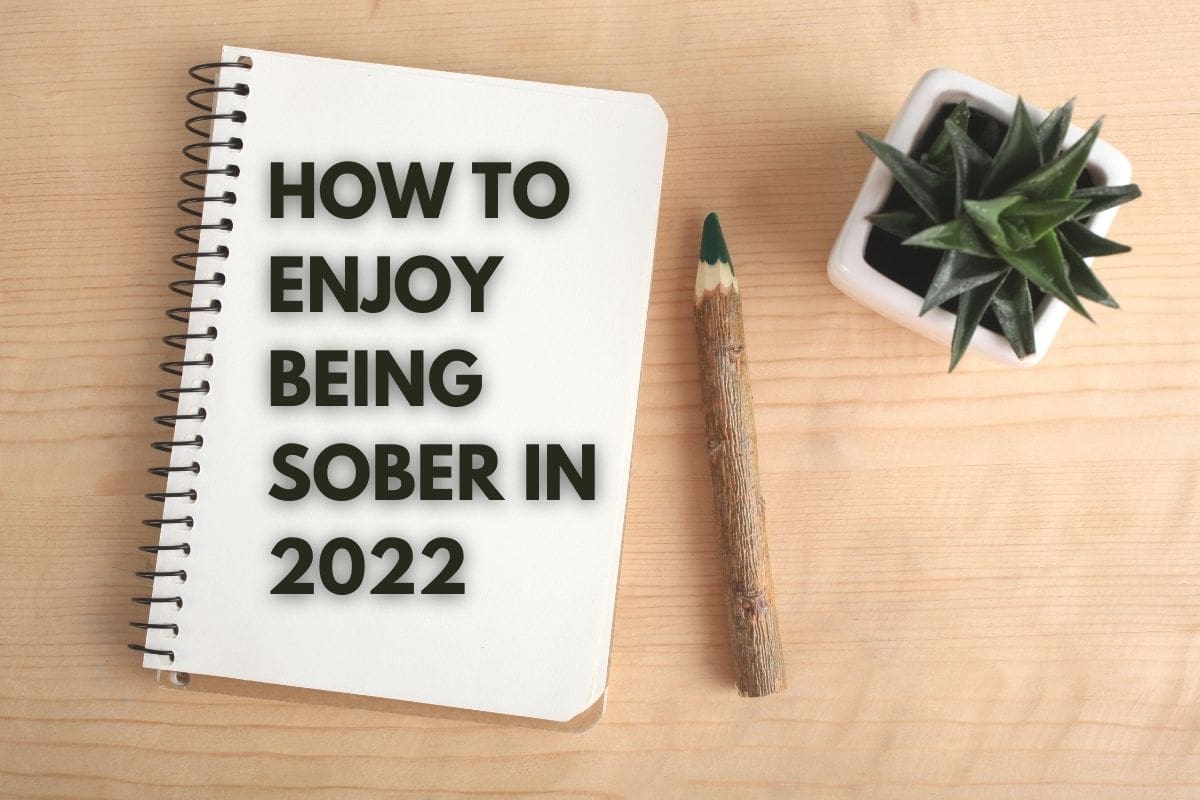In the early days of recovery, it’s common to find yourself saying things like “I don’t like being sober.” but being sober is amazing when you learn how to like sober life. Many rehab facilities will recommend an aftercare planning program to slowly introduce you to sober living with the right guidance and support. Here’s how to say sober in 2022 and celebrate this new chapter in your life.
1. Attend Alcohol-Free Events
Sober culture is becoming more and more popular. It’s no surprise that countless events are tailored to a sober lifestyle. Alcohol-free events are opening up from coast to coast that can show you a different way to celebrate your sobriety. Seek these sober-friendly events to start surrounding yourself with people that share the same values and lifestyle. If you’re on social media, try joining some local “sober groups” or groups for sober fun and see what grows out of that. Events can be everything from hikes to cookouts, movies, to concerts.
2. Learn How to Make Mocktails
Whether you’re spending time with friends or you’re throwing your own party, learning how to make mocktails is a way to feel included. Mocktails come with the fun from drinks without the hangover, regret, or alcohol. Learn a few mocktail recipes to bring with you whenever you want to enjoy a drink with friends without worrying about relapse.
3. Redefine What Fun Means to You
This is a really important step in your recovery journey. What you defined as fun before probably involved drinking, staying out until late, and even doing drugs. Take time to think about what feels good and brings you joy today. When you think about healthier ways to find entertainment, you’ll start to reframe what fun means to you and start enjoying sober life more. Ultimately, there are no “right” answers to finding fun sober. What we can learn, though, is that getting sober doesn’t mean having to reinvent the wheel on what we do for recreation. Having fun can be a talent we bring into sobriety rather than an activity that must be replaced.
4. Find a New Hobby
Learning something new is a great way to enjoy sober living. Think about what you like or would like to do and start practicing a new hobby. It could be anything from exercise to ceramics and even learning a new instrument. Picking up a new hobby will also help you be around like-minded people who can become part of your sober living lifestyle.
5. Stay Active
Exercise is critical for those in early sobriety. An excellent exercise routine will keep your dopamine and serotonin hormone levels high, so you’ll be in a better mood. Not to mention, exercise has plenty of health benefits, including promoting cardiovascular health, weight loss, and more. Staying active is a great way to have fun; you can try different outdoor activities for an extra boost of feel-good hormones. Just look outside the bar scene for fun activities, and have a little faith in your sober self. Everything will be okay.
6. Try Non-Drinking Activities
Before your sobriety, odds are most of your activities revolved around drinking. As you start to feel more comfortable in your sobriety, you seek out non-drinking activities. Going to the movies, having fun playing sports, or going to a local park are excellent ways to spend time without drinking. Try non-drinking activities with friends and family to explore different opportunities to have fun without alcohol.
7. Focus On Positivity
Those in early recovery tend to focus on the downsides of being sober. Take a step back and see sobriety for what it truly is: a second chance. Write down things you’re grateful for, and keep a positivity journal to focus on the good aspects of sobriety. Practice mindfulness, and don’t forget to attend peer support meetings to stay active in your sobriety. Before you realize it, you’ll see sober living as a fun and exciting moment in your life.
All in all, sobriety is something to celebrate. It means that you are taking control of your health and staying on a healthy path. So look forward to being sober and enjoy every minute of it. If you or someone you love is entering early sobriety, don’t forget to seek support. An aftercare program may benefit those without a robust support system back home. Aftercare programs focus on relapse prevention, life skills development, and sober living planning.

































